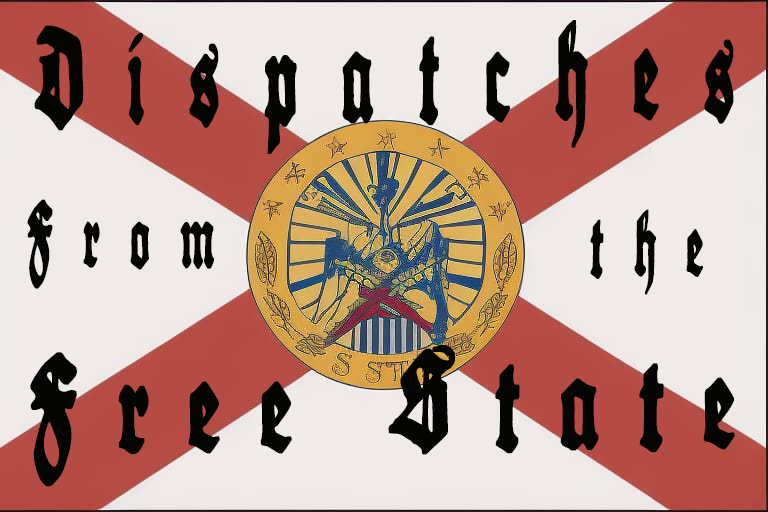Let’s face it. American democracy has been on life support for some time now. On January 21st, however, the five conservative members (or should we from now on refer to them as corporate conservatives) of the US Supreme court took it upon themselves to pull the plug. American democracy died that day with only a muted whimper as Americans were more concerned about the fate of the Tonight Show and the corresponding careers of Jay Leno and Conan O’Brien.
The decision was Citizen’s United v. Federal Election Commission. Justice Kennedy presented the “opinion of the court,” or rather the opinions he shared with Justices Alito, Scalia, Thomas and Chief Justice Roberts, declaring that corporations have the same rights as do individuals, and pouring unlimited amounts of money into political campaigns is a manifestation of the corporation’s right to free speech. So there you go. Corporations are people. They are just people who cannot vote, hold office, eat, drink, plan a family, experience joy or pain or, necessarily, die. But they are people nonetheless.
In fact, they are very special people. People in America can only give $2,300 to political campaigns. Corporations, on the other hand through their polymorphous arrangements and organizations can give unlimited funds to campaigns and related Political Action Committees, 527s and ad hoc media outlets to support or destroy a political candidate.
Of course, corporations are not people, they are institutional constructs. In my sociology classes I teach my students what I call the Law of Institutions. The Law of Institutions states that the primary function of an institution is the perpetuation of that institution. Sociologically, this is not necessarily a bad thing, as institutional stability is prerequisite for societal stability. However, when the needs of people conflict with the Law of Institutions, the needs of the people must necessarily take a back seat.
Corporations, as institutional constructs, need only to perpetuate themselves. Corporations do not require clean air or medical care or humpback whales. Many people, however, feel that these things are important and make their political decisions based on the positions candidates make on these issues. Corporations, however, do operate quite well in environments conducive to exploitation and deregulation and the preservation of destructive commodity chains, risky investment options and monopoly.
Those candidates who toe the corporate line can expect the kind of political protection from corporations that would make the Mafia jealous. Those candidates, however, who might want to oh, I don’t know suggest that corporations shouldn’t be allowed to dump dioxin in our drinking water, or destroy habitats or exploit their works, could face a cessation of funds and an opponent with virtually unlimited resources to discredit him or her.
By removing what little restriction corporations had in political campaigning, the Supreme Court has transformed the United States of America into what I’ve long called a corporatocracy. According to Representative Alan Grayson, the only politician I’ve seen who is ahead of this issue, “You won’t have any more senators from Kansas or Oregon, you’ll have senators from Cheekies and Exxon. Maybe we’ll have to wear corporate logos like Nascar drivers.”
Grayson, in anticipation of this ruling, has put together a legislative package called the Save Our Democracy Reform Package. This legislation would impose a 500% tax on corporate expenditures to political campaigns, requires corporations to disclose the funds they use in political campaigns, would bar politically active corporations from participating in national stock exchanges, and prevent corporations that receive government contracts from political spending.
Grayson’s package makes sense and may have a great deal of support with the general public (once the whole Leno/O’Brien thing blows over, of course). It will certainly not have the support of the GOP, as Republican National Chairman Michael Steele is on record supporting the Supreme Court decision. Individual Republicans, however, such as Senators John McCain and Olympia Snow have some history with campaign finance reform and have expressed concern about Citizens United v. FEC.
As citizens, real flesh and blood people, we are democracy and we should be the first responders desperately trying to resuscitate American democracy before the body is cold. Call your representatives today and demand that they support the Save Our Democracy Reform Package. Find out where they stand on Citizens United and hold them accountable to democratic, not corporatocratic principles.
An Aside on this issue:
Where are the conservatives crying “ACTIVIST JUDGES! ACTIVIST JUDGES!”?





Leave a comment